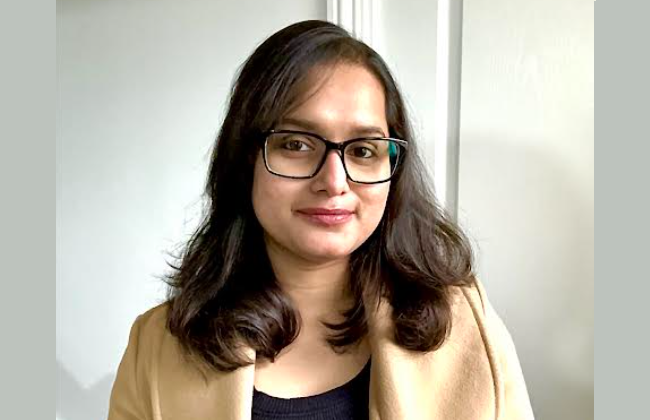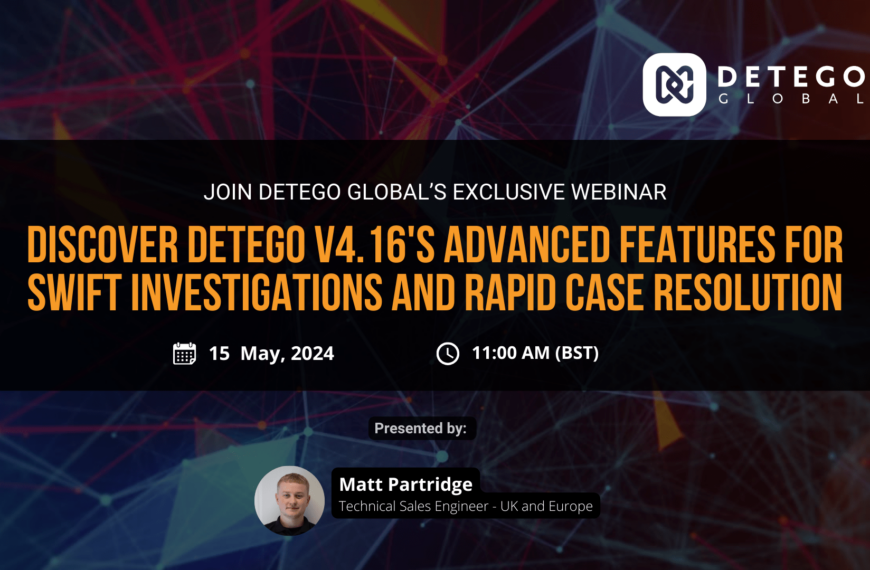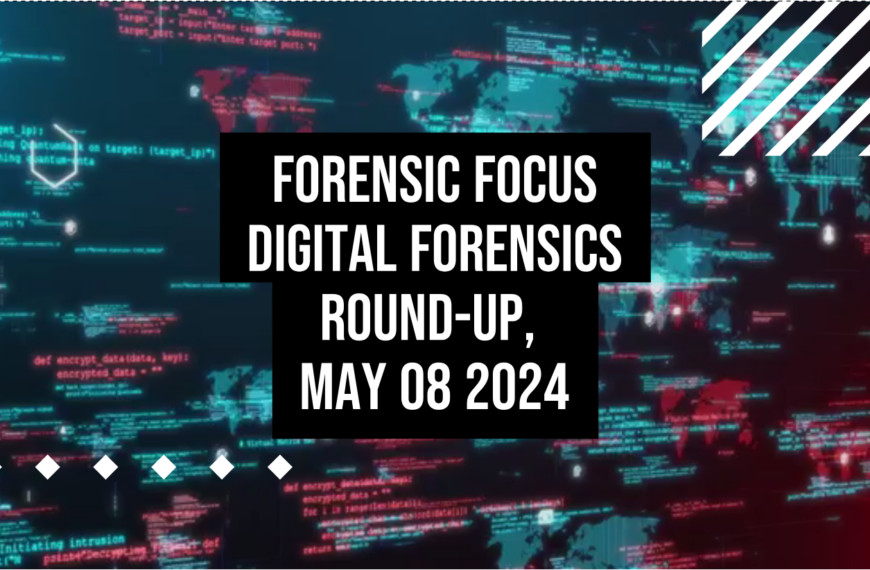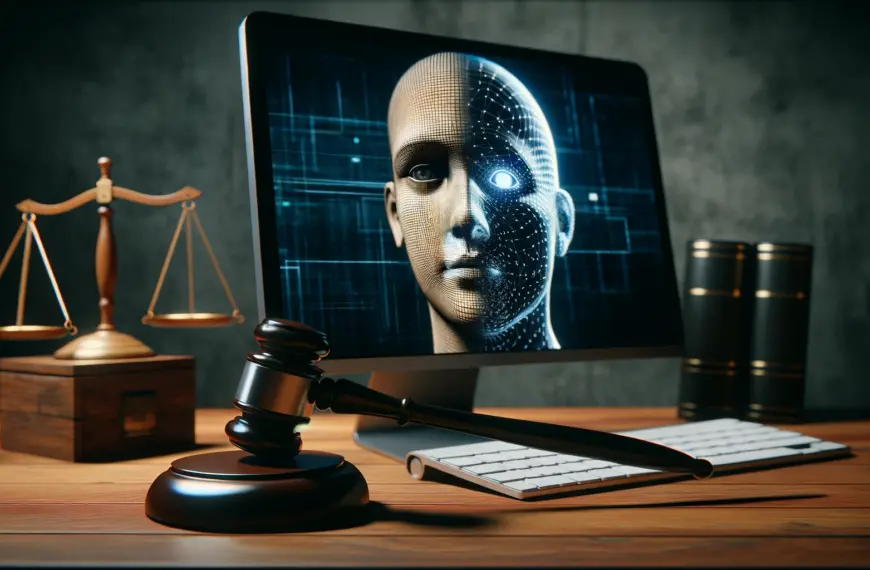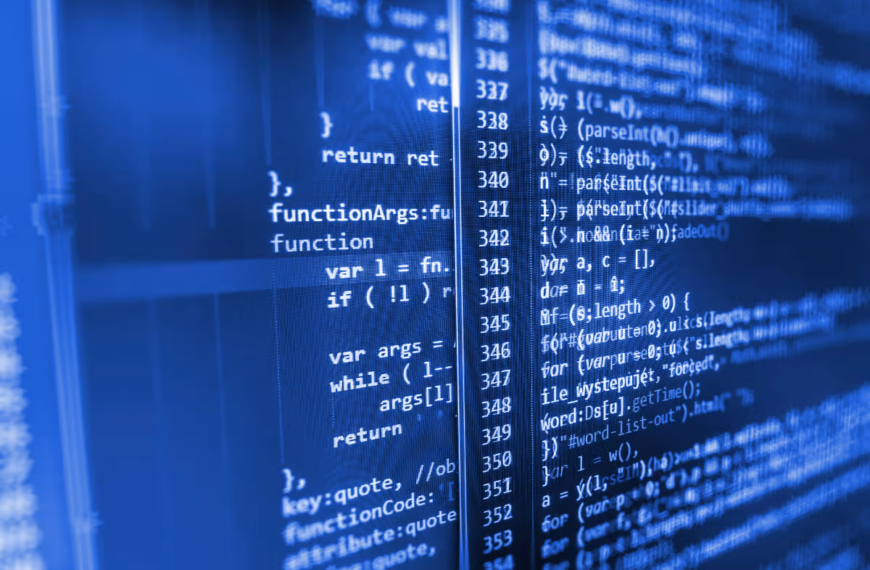FF: Could you start by telling us a bit about yourself and why you decided to study for a master’s in digital Forensics at Cranfield University?
Thank you for the opportunity to introduce myself. I’m Shwetha Krishna, and I’ve completed my MSc in Digital Forensics at Cranfield University. From a young age, I’ve always loved puzzles, mysteries, and investigation games. I was hooked on Sherlock Holmes stories and games like Criminal Case on Facebook. This curiosity is what led me to pursue my undergraduate degree in Forensic Science, where I was first introduced to the field of digital forensics. I was immediately fascinated – it was like being a detective in the digital world! I knew I wanted to dive deeper into this field and learn from the best.
That’s why I decided to pursue my master’s at Cranfield University. Cranfield is one of the top universities in the world for forensic science and cybersecurity. I was drawn to their rigorous curriculum and the chance to learn from professors on the cutting edge of digital forensic research. My goal was to build top-notch technical skills and learn how to apply forensic principles in real-world investigations. Cranfield’s program delivered exactly the dynamic, comprehensive digital forensics education I was looking for. From mobile forensics to evidence gathering, I gained knowledge across a wide range of areas to prepare me for a career in this fast-paced field.
FF: What areas of digital forensics did you cover in your master’s degree?
As you can see, the Cranfield program covers an incredibly comprehensive curriculum spanning all core areas of digital forensics. I was able to build proficiency across the entire digital forensic process – from initial evidence gathering all the way through analysis and presenting findings.
Some highlights for me were the modules in mobile device forensics, programming for forensic and presenting evidence in court. Mobile devices are a goldmine of potential evidence, so I loved learning techniques to extract data from them. OSINT skills allow me to leverage information publicly available online to aid investigations. And practicing delivering expert testimony in a mock courtroom really boosted my confidence and communication abilities.
The mix of theory and hands-on practice was fantastic. For example, in our Internet-based Investigations module, we would study how web browsers store data, then apply that knowledge in lab exercises analyzing real browser artifacts. This interactive style of learning equipped me with skills I can immediately apply in the field.
I appreciate that Cranfield’s curriculum evolves constantly to keep up with the latest advances in digital forensics. I graduated not just with core competencies but also with emerging techniques under my belt. Overall, an amazing learning experience!
FF: Why did you decide to focus on data collection practices and source code analysis, and what were your key findings?
For my individual research thesis during my master’s degree, I decided to focus specifically on the data collection practices and source code analysis of popular anonymous messaging applications.
Given the rise in usage of anonymous apps, I wanted to peel back the curtain and understand exactly how user data is extracted and leveraged by these platforms. My goal was to illuminate any privacy risks users should be aware of when using such apps.
Through logical extraction of Android and iOS devices with anonymous apps installed, I uncovered that these apps collect extensive information related to user interactions, engagement, locations, and personal details, often without encryption.
By reverse engineering the apps’ source code, I gained further insight into how location permissions are handled and how user authentication data is managed. For example, in the one of the app’s source codes, I discovered classes dedicated to listening for location updates in real-time. This highlights the priority placed on gathering user location data.
My key findings were that anonymity is preserved mainly through use of random identifiers rather than personal info. However, the depth of user data collected, particularly location information, poses significant privacy concerns. Users may not realize how much of their information is being gathered by these apps and
shared with third parties.
This project equipped me to make valuable recommendations around enhancing privacy protections in anonymous apps. I’m proud I was able to shed light on the behind-the-scenes data practices of these platforms. My technical skills coupled with an ethical commitment to safeguarding user rights were crucial to uncovering these important insights.
FF: You worked as a Graduate Student Researcher while studying for your degree. Tell us more about that.
Going through the Courtroom Skills module at Cranfield University was an absolute highlight of my Digital Forensics MSc program. It gave me hands-on preparation for communicating effectively as an expert witness – an invaluable asset for any career in digital forensics.
Our lecturers went above and beyond to create an immersive mock trial experience for us students. We were each assigned to draft an expert witness report, analyzing forensic evidence from a previous assignment. The attention to detail required to summarize technical findings for legal teams was an excellent learning experience. I now know how to emphasize the most salient points and structure a report in a clear, logical manner.
The mock court trials were the pinnacle of the module! Taking the witness stand and undergoing intense cross-examination really put my preparation into practice. Fielding questions on the fly and explaining technical details in simple terms tested my composure under pressure. My feedback highlighted strengths like remaining calm and professional even when pressed on certain points. I also benefited tremendously from playing various legal counsel roles. Questioning other students as prosecution or defense honed my ability to communicate forensic analysis persuasively yet accurately.
Distilling complex digital forensics concepts into easy-to-grasp explanations is a skill I will certainly continue honing throughout my career. The extensive courtroom preparation at Cranfield equipped me with the expertise and confidence to serve as an authoritative expert witness.
FF: What do you think the main challenges are when studying digital forensics?
Based on my experience in the MSc Digital Forensics program, I would say there are a few key challenges students face when studying this field:
- Keeping pace with rapidly evolving technology – new devices, platforms, apps etc. emerge constantly, so staying on top of the latest forensic techniques and tools takes dedication. You must become comfortable with continuous self-learning.
- Mastering the blend of soft and hard skills – You need rock solid technical prowess in areas like data recovery, programming, and analysis. But you also need strong critical thinking, problem solving, and communication abilities to interpret evidence and convey it effectively.
- Hands-on practice – Digital forensics is an intensely hands-on discipline. One must get comfortable “getting your hands dirty” with writing code, working in the command line, and experimenting with tools. Building own home lab helps immensely with gaining practical skills.
- Attention to detail – Digital forensics work requires extreme meticulousness and care to not contaminate evidence or draw incorrect conclusions. Having stamina for deep analytical thinking is a must.
- Staying objective – You must remain impartial and not get attached to a particular outcome when analyzing evidence. It’s about uncovering the truth through science and facts.
Though certainly challenging, persevering through these struggles develops the perfect blend of technological capability and critical thinking needed to excel as a well-rounded digital forensics expert. The rewards of applying these unique skills to help solve crimes and protect user rights make the effort truly worthwhile.
FF: What advice would you give to someone considering a digital forensics course? Do you have any tips for successful study?
Here are my top recommendations for anyone considering pursuing a degree in the fascinating field of digital forensics:
Even before beginning your studies, get a head start on building foundational technical skills. Take free online courses to gain familiarity with programming basics and operating systems like Windows, Linux and MacOS. Having this groundwork will help smooth the learning curve once classes commence.
Also make time to improve problem-solving abilities through brain teaser puzzles and logical thinking exercises. The work of digital forensics involves creatively piecing together solutions even when faced with incomplete sets of information. You’ll need adaptability and deduction skills to thrive.
Once in your degree program, hone academic research and writing skills. Practice literature reviews, proper citation of sources, and communicating ideas through writing. These abilities will prove invaluable when tackling research projects and drafting reports.
Methodology is central when conducting accurate and ethical digital investigations, so focus on learning evidence handling best practices early on.
I’d also recommend building a home lab with a computer to practice techniques using test images and mock data sets. Install open-source forensic tool suites like Autopsy to experiment firsthand.
Make time to network with professionals already in the field, through online forums and social media groups. They can offer insider tips and potentially mentorship opportunities.
And above all, stay passionate by immersing yourself in podcasts, blogs and books on cybercrime cases.
FF: What digital forensics reading material or resources do you recommend supplementing academic learning?
During my degree program, I frequently turned to the Cyber Forensics blog published by Infosec Institute. Their detailed, up-to-date articles on forensic techniques, tools, legal issues, and case studies helped me stay on top of the latest developments in the field. I also learned an incredible amount from books written by experts like Eoghan Casey, Gary Kessler, and Michael Spreitzenbarth. Their comprehensive guides cover foundational concepts as well as emerging methods at the cutting edge of digital forensics.
The Forensic Focus podcast was another go-to resource for me; I loved hearing practitioners discuss real-world applications of forensic science in their interviews. To gain exposure to more niche topics, I often watched webcasts from SANS DFIR featuring specialized presentations on threat hunting, macOS forensics,
incident response, and more.
I highly recommend students join professional associations like the International Society of Forensic Computer Examiners. These provide valuable journals, conferences, and networking forums to supplement classroom learning. Reviewing the GitHub pages of popular digital forensics tools enabled me to better understand their code and functionality as well. And building my own home lab to experiment with methods using practice data sets reinforced the concepts I learned in courses.
Adopting a multidimensional approach to learning, through resources like these, proved invaluable for equipping me with well-rounded expertise to excel in the dynamic field of digital forensics.
FF: Now that you’ve graduated, which areas of digital forensics or incident response are you most interested in pursuing?
Now that I’ve completed my MSc in Digital Forensics, I’m most interested in pursuing a career in mobile device forensics and joining a consulting firm where I can apply my skills.
Mobile devices like smartphones and tablets offer a treasure trove of potential digital evidence. I’m fascinated by the technical challenges involved in evidence extraction and analysis on constantly evolving mobile platforms. My academic coursework gave me hands-on experience recovering artifacts from devices
running iOS, Android, and other operating systems.
I’m drawn to work environments like digital forensics consulting firms where I’d get exposure to diverse cases and continue strengthening my mobile forensics expertise. Collaborating with interdisciplinary teams of forensic specialists to uncover evidence and reconstruct events resonates strongly with me.
In particular, I’m eager to assist clients by providing mobile device forensic services such as evidence acquisition, advanced extraction of application data, decryption assistance, and analysis tailored to specific investigation needs.
I’m confident that my academic training at Cranfield University has equipped me with the technical proficiency, critical thinking, and communication abilities needed to make valuable contributions as a digital forensic / data consultant.
FF: What do you enjoy outside of digital forensics?
Photography is a creative outlet I’m passionate about. I love going on photo walks to capture interesting architecture, landscapes, beautiful flowers and street scenes. Photography sharpens my visual perspective and ability to notice small details – useful skills in digital forensics as well!
Food is another big passion. I enjoy exploring new cuisines and flavors from around the world, then recreating dishes at home. Cooking helps me unwind and taps into my taste for experimentation.
Staying active is important to me too. I love early morning runs when the world is peaceful and still. It’s the perfect reset for me after a long day at work.
And nothing beats curling up with an enthralling sci-fi or mystery movie and getting lost in another world. I think my love of mystery movies and getting into the minds of characters was early inspiration for pursuing digital forensics!
Maintaining interests outside of my field provides balance and inspires me to bring new perspectives to my work. Digital forensics may be my top passion, but I care deeply about being a multifaceted lifelong learner too.








